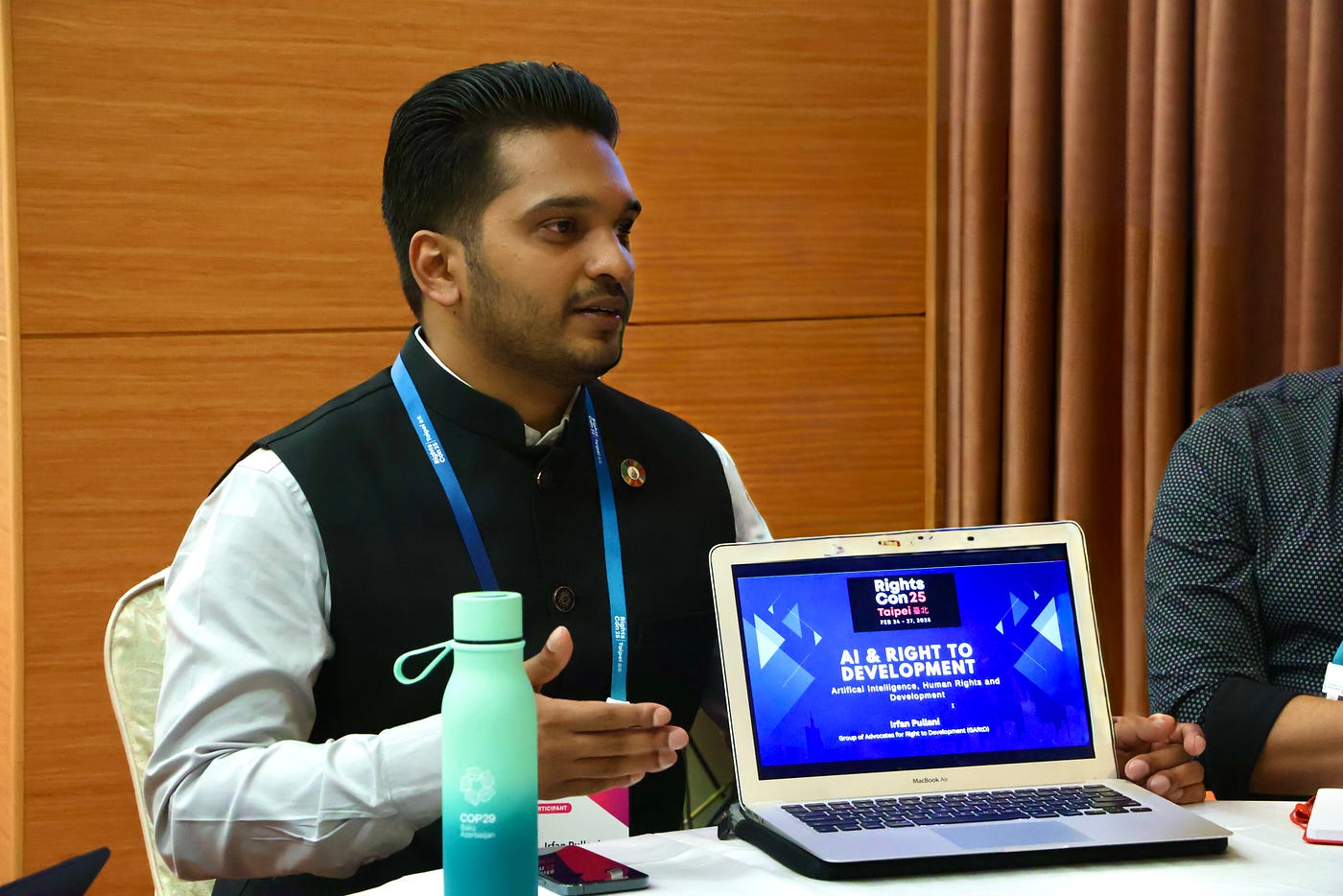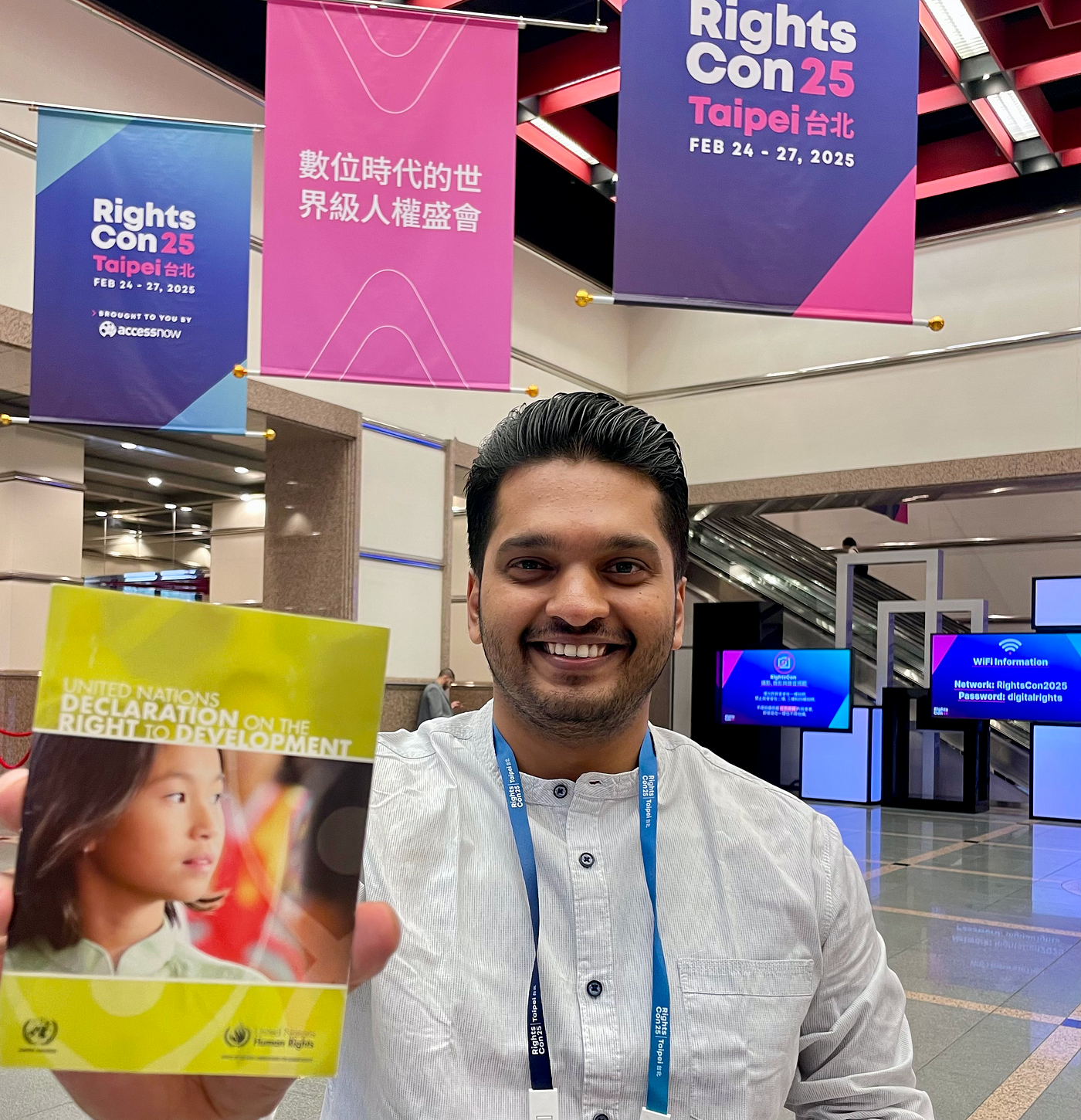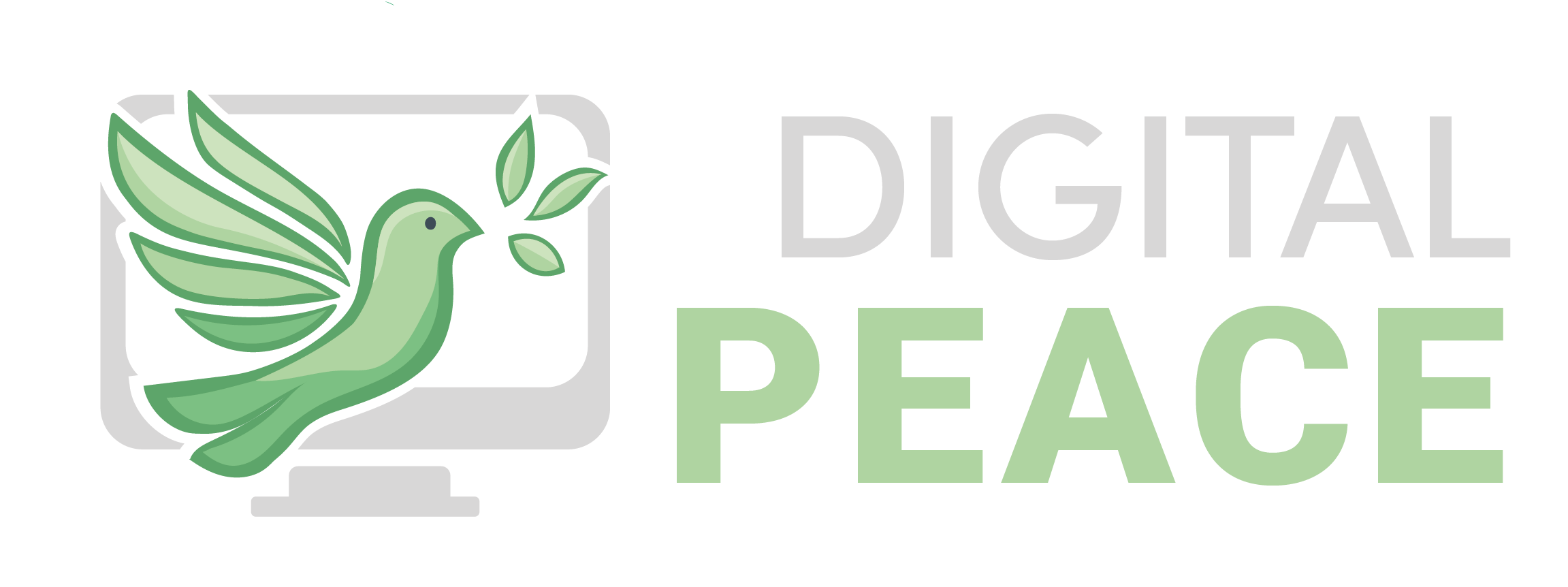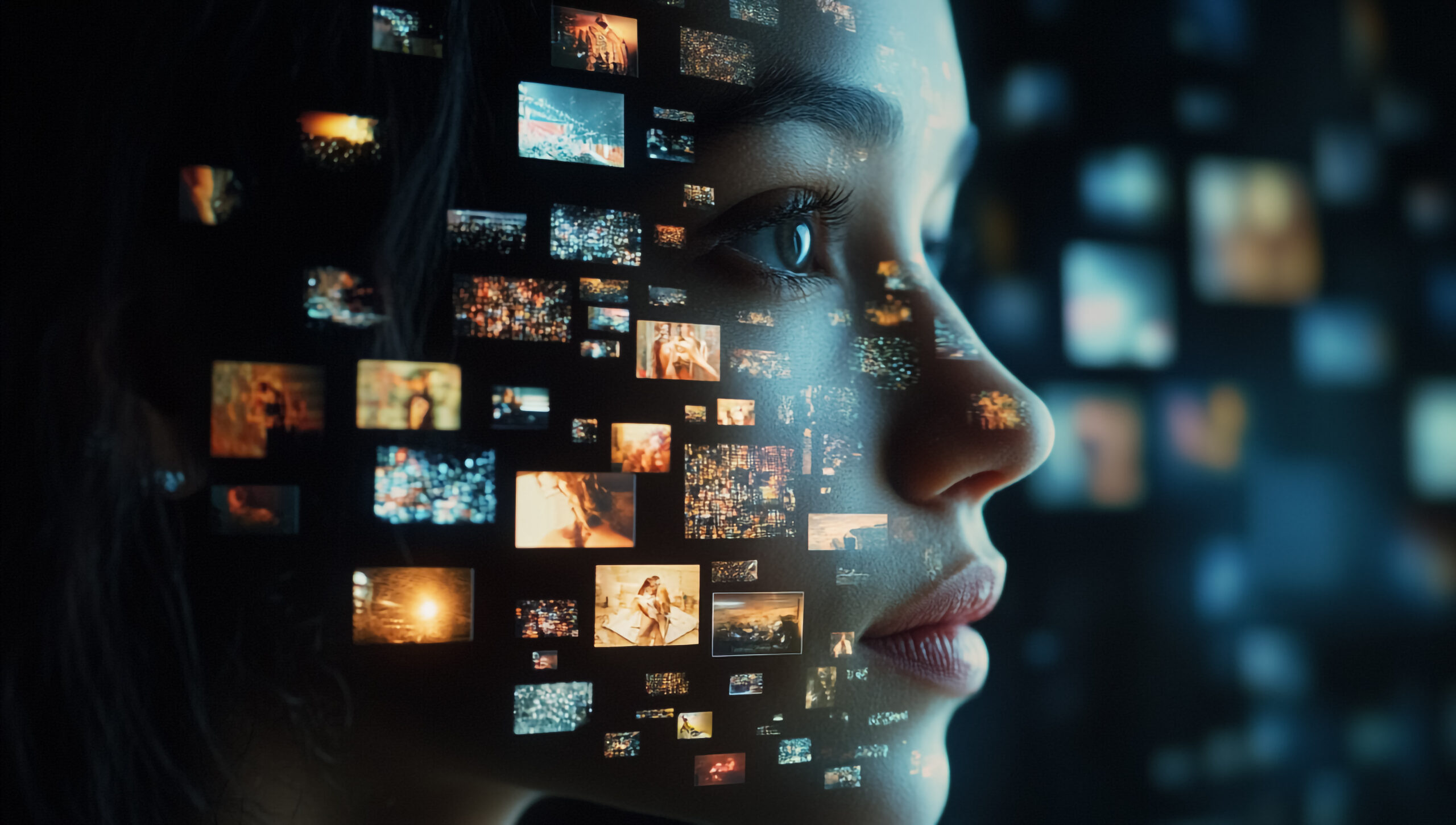AI and the Right to Development are the defining questions of our time. Yet, while conversations about AI are unfolding globally, youth voices are still too often excluded. In February 2025, I facilitated a session at the Young Leaders Summit during RightsCon Taipei,1 focused on the theme: “Artificial Intelligence and the Right to Development: Challenges and Possibilities.” This platform brought together youth delegates, activists, and researchers from across the globe to discuss how artificial intelligence (AI) can advance or undermine the Right to Development (RtD) — a collective and individual right enshrined in the 1986 UN Declaration.2 This session reaffirmed the urgent need to centre AI and the Right to Development in youth-led global governance discussions.

Author leading a session at RightsCon Young Leaders Summit 2025 held in Taipei, Taiwan.
The dialogue was vibrant and forward-looking. Participants raised pivotal questions such as: Who governs AI? How do existing regulatory frameworks perpetuate colonial legacies? Can AI democratize access to knowledge and opportunity? Others highlighted AI’s role in exacerbating inequalities, particularly in the Global South, citing problems like the digital divide, algorithmic bias, and data colonialism.
A recurring theme was youth agency. Delegates from Africa, Latin America, and Asia emphasized that despite being early adopters and primary users of emerging technologies, young people are often excluded from global norm-setting processes. There was consensus that AI governance must move beyond a tech-centric approach to embrace a rights-based and development-oriented framework that prioritizes youth co-creation and local knowledge. This session reaffirmed my belief that development in the digital age must be human-centered, equitable, and decolonial in nature.
Theoretical Foundations: AI and the Right to Development
The Right to Development, as articulated in the UN Declaration (1986), defines development as a holistic process encompassing economic, social, cultural, and political dimensions aimed at improving the well-being of all people. Although this Declaration predates the AI revolution, its principles remain profoundly relevant today: AI and the Right to Development must be considered together if we aim to build inclusive digital futures.

Author with the UN Declaration on Right to Development at RightsCon 2025
Scholars such as B.S. Chimni3 and Yash Ghai4 have argued that RtD should be understood as a counter-hegemonic concept — positioning the Global South not merely as beneficiaries but as active participants shaping global development discourse. In this context, AI is not just a technological tool but a contested political arena that risks being monopolized by powerful states and tech giants unless democratized. The concentration of technological power makes it harder to advance AI and the Right to Development through equitable frameworks.
As noted by Anja Kaspersen and Wendell Wallach, global AI governance could reinforce digital colonialism unless it adopts inclusive norms rooted in equity.5 The UN Secretary-General’s report “Our Common Agenda” (2021) also underscored the importance of ensuring digital technologies serve people rather than profit while addressing digital inequality as a key development challenge. 6 The recognition of AI and the Right to Development as intertwined challenges is increasingly shaping multilateral tech discussions.
Integrating Right to Development into AI governance necessitates prioritizing Global South developmental needs by ensuring equitable access to technologies, fostering capacity-building initiatives, safeguarding data sovereignty, and enabling participatory policymaking processes. As discussed in our piece on AI Inequality, equitable access to technology remains a defining challenge for global justice. Furthermore, aligning AI development with the Sustainable Development Goals (SDGs) is essential to prevent AI from exacerbating disparities. These foundational principles are not peripheral, they lie at the heart of today’s global debates on AI and the Right to Development, particularly when viewed through a youth-centered lens.
From Geneva to Taipei: A Journey Through AI Governance and Youth Agency
My engagement with AI governance began at the AI for Good Global Summit in Geneva (2023), where I participated in discussions on responsible AI. The summit, hosted by the International Telecommunication Union (ITU), brought together innovators, policymakers, and civil society leaders. It was here that I first met Amandeep Singh Gill, the UN Secretary-General’s Envoy on Technology, and also heard from the ITU Secretary-General, Doreen Bogdan-Martin. Gill emphasized inclusive multilateralism, stating that AI governance should not be dominated by a few actors, and called for solidarity-based models that prioritize the global public good. Bogdan-Martin highlighted the importance of bridging the digital divide and ensuring that AI benefits all of humanity (ITU, 2023).7 Their underscore how urgent it is to frame AI and the Right to Development as collective, not commercial, concerns.
Between 2023 and 2025, rapid developments reshaped the global AI landscape. The establishment of the UN Office on Artificial Intelligence and Emerging Technologies marked a coordinated multilateral effort. Frameworks like the OECD’s AI Principles,8 the EU AI Act9, and the Global Digital Compact (GDC)10 matured significantly during this period. However, challenges such as data extractivism, model opacity, and geopolitical rivalries persisted.
In 2024, I participated in consultations leading up to the adoption of the GDC at the UN Summit of the Future. The Compact emphasized digital inclusion, data rights, and integrating development into digital governance processes — all themes championed by youth groups during consultations. By 2025 at the Raisina Dialogue11 in New Delhi — where I reconnected with Amandeep Gill — the discourse had shifted from exploring AI’s potential to demanding accountability. These consultations brought AI and the Right to Development into direct focus — not as technical issues, but as political imperatives.
Youth-led initiatives advocating for open-source AI systems,12 decolonial data governance frameworks13, and equitable access to infrastructure demonstrated that decolonial development-oriented tech governance is both achievable and urgent.
Youth, AI, and Decolonial Development
The intersection of youth activism with AI governance presents transformative possibilities for advancing RtD principles globally. Despite being digital natives in many regions of the Global South, young people often face barriers such as limited access to infrastructure or ethical tech education. Yet they are not passive recipients — they are creators of alternative futures.
Movements such as #DataJustice, DecolonizeAI, and youth collectives across Africa and Latin America are pioneering initiatives like indigenous AI models, feminist data ethics frameworks, and community-centered innovation hubs. These initiatives model alternative approaches to AI and the Right to Development grounded in justice, participation, and care, and align seamlessly with RtD’s emphasis on self-determination, participation, and sovereignty.
To fully harness youth potential in shaping equitable AI futures:
- Capacity-building programs should focus on digital literacy, ethical data practices, and tech law.
- Increased funding should support youth-led projects integrating RtD principles into technology.
- Formal mechanisms should ensure youth representation in forums like ITU’s AI Governance Summit or GDC review processes.
- Support for local language models rooted in culturally relevant ecosystems must be prioritized.
Youth are not merely advocating for inclusion; they are reshaping epistemologies within AI governance itself — challenging dominant paradigms through innovation.
Geopolitics of AI: A Global South Perspective
The race for AI dominance is not merely technological — it is geopolitical. Major powers like China, India, Europe, and the U.S. are vying for control over semiconductors, data centers, regulatory influence — and ultimately — global narratives around technological progress.
For regions like Africa or Latin America facing structural inequalities within their emerging tech ecosystems:
- Redistributing technological power through sovereign data rights becomes essential.
- Supporting local innovation hubs while addressing barriers such as language exclusion or infrastructure gaps remains critical.
- The Global Digital Compact (2024) provides an initial framework but requires robust implementation mechanisms rooted in solidarity.
This is why AI and the Right to Development must become core to regional innovation and sovereignty agendas. As noted by UNESCO’s Recommendation on Ethics of AI (2021): “AI must promote peace while avoiding widening inequalities.” 14
This principle underscores RtD’s relevance in evaluating treaties or trade agreements tied to technology.
Conclusion: A Position for Equity
The future of artificial intelligence is not predetermined — it is political. Its trajectory will depend on who governs it; whose priorities are centered; whose narratives shape progress.
As someone deeply engaged across platforms like RightsCon Taipei (2025), Raisina Dialogue (2025), or earlier summits — my conviction remains steadfast: bridging AI with RtD is not theoretical but urgent — and youth-driven.
This position paper calls for recognizing artificial intelligence not merely as a neutral tool but as contested terrain requiring governance rooted in equity principles aligned with solidarity-based development justice frameworks. It is only through this lens that we can meaningfully advance AI and the Right to Development in practice — not just theory.
Let us act now — not tomorrow — to ensure that technological progress serves humanity equitably rather than entrenching inequalities further.
References
- Access Now. (n.d.). RightsCon. https://www.rightscon.org/
- United Nations. (1986). Declaration on the Right to Development. https://www.ohchr.org/en/instruments-mechanisms/instruments/declaration-right-development
- Chimni, B. S. (Faculty profile). Jindal Global Law School. https://jgu.edu.in/jgls/faculty/b-s-chimni/
- Ghai, Y. (Faculty profile). University of Hong Kong. https://www.law.hku.hk/people/yash-ghai/
- Kaspersen, A. (Profile). Carnegie Council for Ethics in International Affairs. https://www.carnegiecouncil.org/people/anja-kaspersen
- United Nations. (2021). Our Common Agenda. https://www.un.org/en/content/common-agenda-report/
- International Telecommunication Union. (n.d.). AI for Good Global Summit. https://aiforgood.itu.int/
- Organisation for Economic Co-operation and Development. (n.d.). OECD Principles on Artificial Intelligence. https://oecd.ai/en/ai-principles
- European Union. (2024). Artificial Intelligence Act. https://artificialintelligenceact.eu/
- United Nations. (n.d.). Global Digital Compact. https://www.un.org/techenvoy/global-digital-compact
- Observer Research Foundation. (n.d.). Raisina Dialogue. https://www.orfonline.org/raisina-dialogue/
- Data Justice Lab. (n.d.). Data Justice Lab. https://datajusticelab.org/
- Decolonize AI. (n.d.). Decolonize AI Initiative. https://hai.stanford.edu/news/movement-decolonize-ai-centering-dignity-over-dependency
- United Nations Educational, Scientific and Cultural Organization. (2021). Recommendation on the Ethics of Artificial Intelligence. https://unesdoc.unesco.org/ark:/48223/pf0000381137






